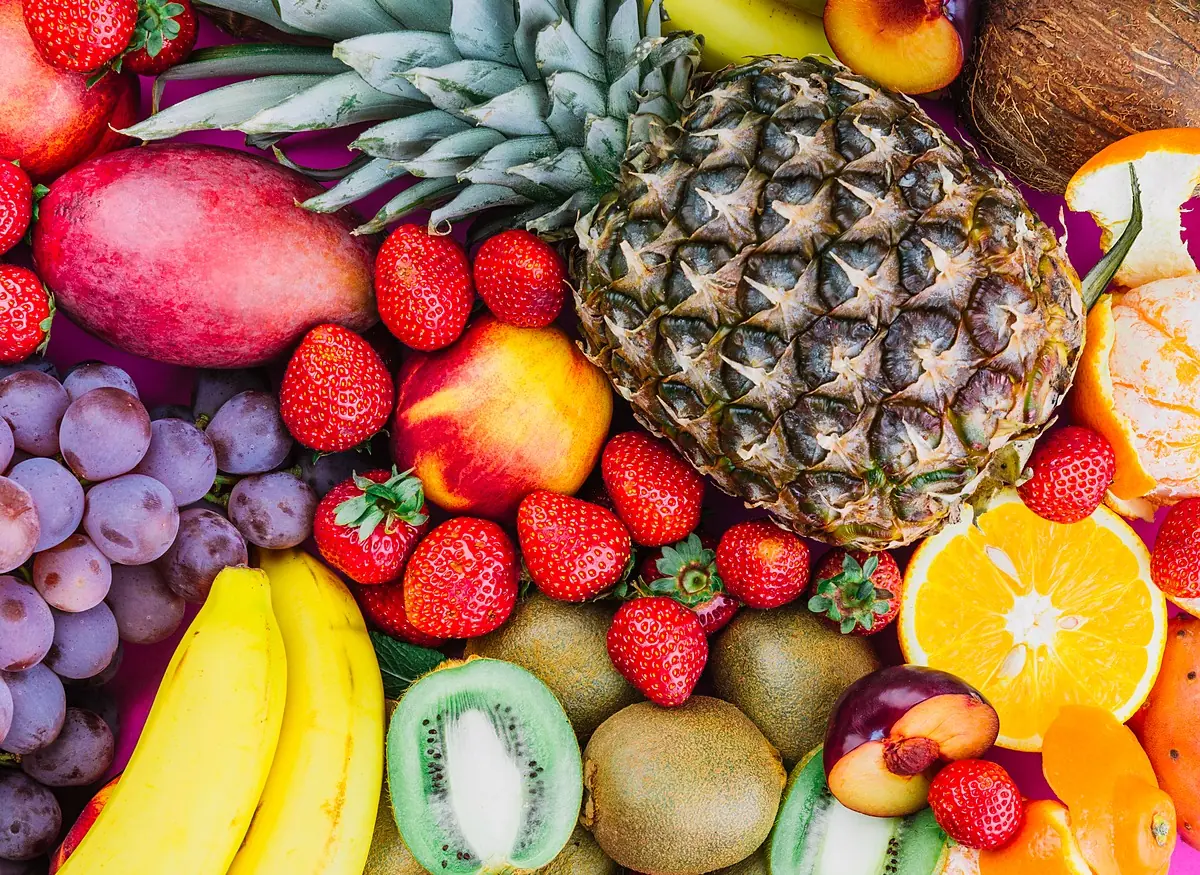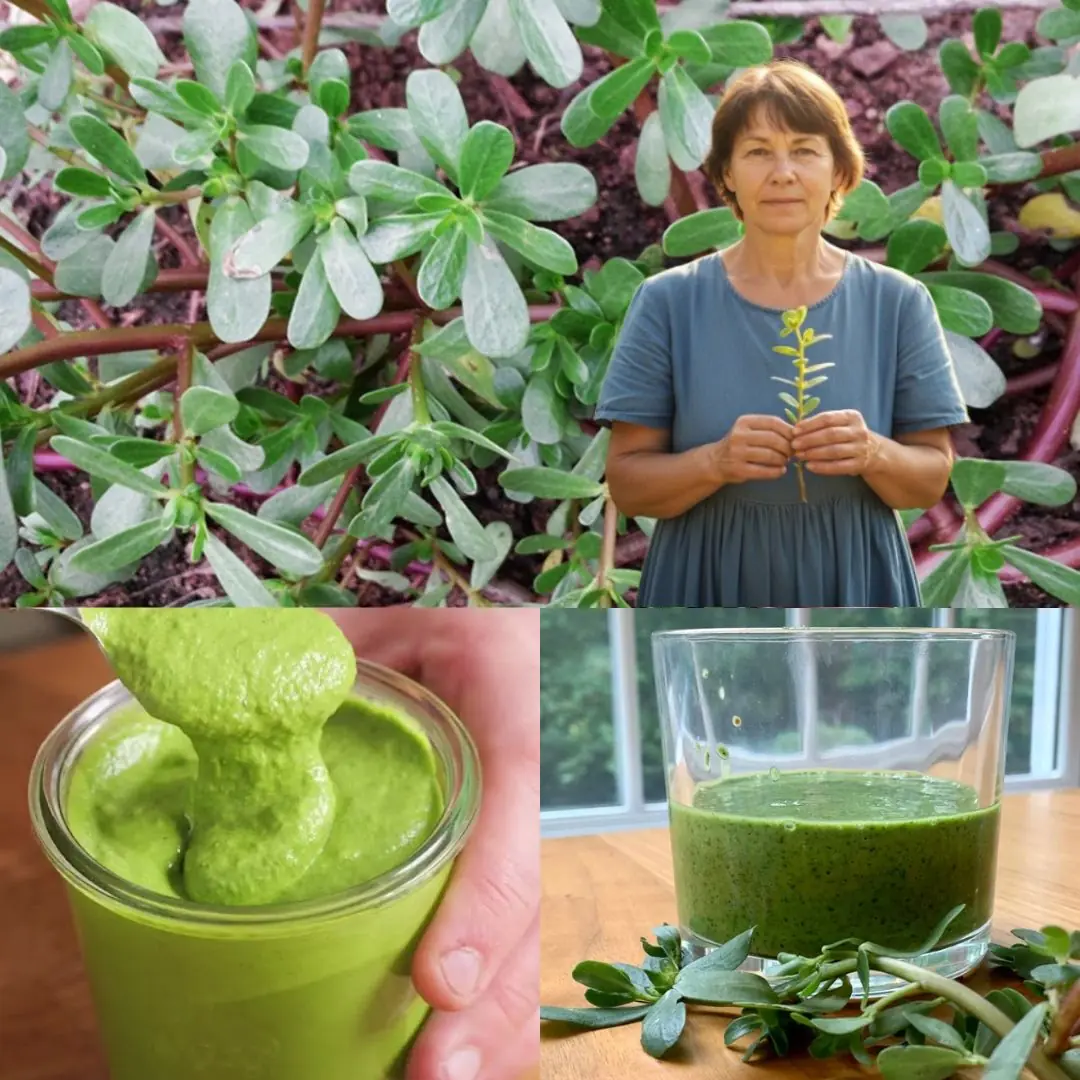
Pineapple-Infused Water, Anyone? Discover the Benefits, Tips, and Refreshing Recipes
Pineapple-Infused Water, Anyone? Discover the Benefits, Tips, and Refreshing Recipes
Pineapple is a tropical favorite enjoyed in countless ways—fresh slices, smoothies, fruit salads, grilled dishes, tropical salsas, and even controversial pizza toppings. From cocktails to desserts, this vibrant fruit brings a burst of sweet and tangy flavor to both savory and sweet recipes.
But beyond its culinary appeal, pineapple is a nutritional powerhouse that offers a range of health benefits—especially when infused into water. Let’s explore why pineapple deserves a spot in your hydration routine, along with tips and a recipe to get you started.
Pineapple’s Nutritional Value
Pineapple isn’t just delicious—it’s packed with essential nutrients:
-
Vitamin C: Just one serving provides about 131% of your daily recommended intake, supporting immune function and collagen production.
-
Manganese: Important for bone health and metabolism, pineapple delivers around 76% of your daily manganese needs.
-
Dietary Fiber: Though naturally sweet, pineapple has a low glycemic index thanks to its fiber content—especially in its core and peel. These parts are often used in pineapple byproducts that are high in fiber and help support digestion, satiety, and cholesterol balance.
-
Bromelain: This enzyme is found primarily in the core and stem of the fruit. It may help with inflammation, digestion, and even recovery from injuries.
What Is Bromelain and Why Is It Good for You?
Bromelain is a mixture of enzymes found in pineapple, especially concentrated in the core and stem. It’s known for its ability to:
-
Aid in protein digestion
-
Reduce gastrointestinal discomfort
-
Support recovery from inflammation, injuries, and even sinusitis
-
Promote wound healing
While research continues, bromelain’s benefits are widely recognized in natural health communities for its anti-inflammatory and digestive properties.
Why Try Pineapple-Infused Water?
Aside from its refreshing taste, pineapple-infused water brings a variety of health perks:
✅ Pain & Inflammation Relief
Thanks to bromelain, pineapple water can help reduce inflammation, including nasal swelling from sinus infections or muscle soreness from exercise.
✅ Improved Digestion
Bromelain supports the breakdown of proteins, easing digestive discomfort and improving gut health.
✅ Immune Support
Loaded with vitamin C and manganese, pineapple water helps support your immune system and promotes overall wellness.
✅ Weight Management
Low in calories and naturally sweet, pineapple water is a great alternative to sugary drinks. Its enzymes may also aid metabolism and digestive efficiency.
✅ Radiant Skin & Heart Health
Vitamin C boosts collagen production for glowing skin, while potassium may help regulate blood pressure, supporting a healthy heart.
Is It OK to Drink Pineapple Water Every Day?
Yes—in moderation. Daily consumption can provide a steady source of antioxidants, digestive enzymes, and hydration. Just be mindful of pineapple’s natural sugars, and adjust your intake based on your overall diet and health needs. If you have specific medical conditions, consult a healthcare provider before making significant changes.
Easy Pineapple-Infused Water Recipe
Ingredients:
-
Fresh pineapple slices
-
Cold water
-
Optional: mint leaves, ginger slices, or cucumber
Instructions:
-
Slice and peel a ripe pineapple.
-
Add slices to a large pitcher.
-
Add optional ingredients for extra flavor.
-
Fill with cold water and refrigerate for 2–4 hours or overnight.
-
Serve over ice, and enjoy! Refill the pitcher a few times before replacing the pineapple.
My Personal RX for Getting the Most from Fruits

Here are my top tips for using fruit (including pineapple) to support better health:
-
Eat a rainbow: Different colors offer different nutrients. Vary your fruit choices for a broader nutritional profile.
-
Choose whole fruits: Whole fruits contain fiber and fewer sugars than juices. They’re more filling and better for blood sugar control.
-
Go seasonal and local: Fresh, ripe, and local fruits are more nutrient-dense—and eco-friendly.
-
Prepare mindfully: Eat fruits raw when possible, and if cooking, choose gentle methods like steaming or baking.
-
Balance is key: Even fruits have natural sugars. Enjoy them as part of a well-rounded diet that includes proteins, healthy fats, and vegetables.
-
Experiment with recipes: Explore new dishes and snacks using fruits! Check out the Superfoods Cookbook with over 50 healthy recipes. (Download a free copy to get started.)
For an added health boost, I recommend supplements like Complete Turmeric Matrix, which supports gut health and inflammation response when combined with a nutrient-rich diet.
News in the same category


If You Don’t Get These 5 Health Screenings, You Might Not Know You Have Cancer! It's Best to Check These Areas Regularly

Warning: Strange Nail Shapes Could Be a Sign of Dangerous Cancer

5 Early Signs of Kidney Failure You Need to Know: #3 Is Common But Often Ignored

Think Before You Sip: The Hidden Link Between Sugary Drinks and Oral Cancer

How Much Water You Actually Need to Drink Each Day – And Why It Matters

5 Fruits Listed in the ‘Black Book’ That May Promote Cancer Cell Growth: Avoid Them No Matter How Cheap They Are

25-year-old woman explains condition that makes her ‘look like an 8-year-old’

When There's a Blood Clot in the Body, It May Send You 4 Warning Signals You Shouldn't Ignore

Inside The 36-hour Fast: How Your Body Transforms Hour By Hour In Viral New Simulation

Eating Too Fast? Here’s Why Slowing Down Can Improve Digestion and Reduce Bloating

Why Letting a Baby “Cry It Out” May Be Harmful: What Science Says

Rh-Null Blood: The World’s Rarest Blood Type, Also Known as "Golden Blood"

Recognizing Mini-Stroke Symptoms: A Crucial Step in Stroke Prevention

Experts Reveal 3 Warning Signs of Lip and Nail Cancer You Shouldn’t Ignore

Doctor Warns About the Risks of Not Washing Your Hair Regularly

8 Foods That Are Natural Enemies of Tumors – Make Sure to Eat Them Regularly

Medical Experts Warn: 4 Early Morning Signs That Cancer Cells May Be Attacking Your Body

"On the Brink of Cancer: 5 Warning Signs Your Body Sends — Unusual Pain, Persistent Cough? See a Doctor Before It’s Too Late
News Post

Don’t overlook these small red spots on your arm – They could be important warning signs

If You Don’t Get These 5 Health Screenings, You Might Not Know You Have Cancer! It's Best to Check These Areas Regularly

Kills Sore Throat and Inflammation – Cloves: Nature’s Antibiotic! 🌿🧄✨

Warning: Strange Nail Shapes Could Be a Sign of Dangerous Cancer

Natural Eyes-Healing Secrets Big Pharma Doesn't Want You to Know | Dr. Barbara O'Neill

Rich Man Sees His Former School Teacher as a Homeless Man – 'I'm Here Because of Your Mother,' Says Teacher

5 Early Signs of Kidney Failure You Need to Know: #3 Is Common But Often Ignored

After Babysitting My Grandson, My Daughter-in-Law Handed Me a Bill for 'Living Expenses'

My SIL's Family Maxed Out Their Credit Cards & My Wife Demanded I Pay Them—I Said No, So She Did It Herself and Regretted It

What modern quantum physics now proves, ancient cultures already knew: geometry is not math—it’s memory

A Natural Kidney Treatment That May Restore Function and Remove Kidney Stones

Tourists Panic As ‘New Baba Vanga’ Warns Of Disaster Coming In Just 2 Months

Senna Alexandrina: Nature’s Potent Cleanser for Digestive Health and More 🌿

My MIL Ruined My Son’s 18th Birthday When She Gave Him a Letter and a Box — He Was Heartbroken & Taught Her a Lesson in Return

Think Before You Sip: The Hidden Link Between Sugary Drinks and Oral Cancer

I saw the mother mistreating the child while I was a nanny, but talking up nearly cost me my job.

How Much Water You Actually Need to Drink Each Day – And Why It Matters

My 11-Year-Old Son Convinced Me to Install a Camera in the Basement – 'Nanny Does Bad Things Down There'
